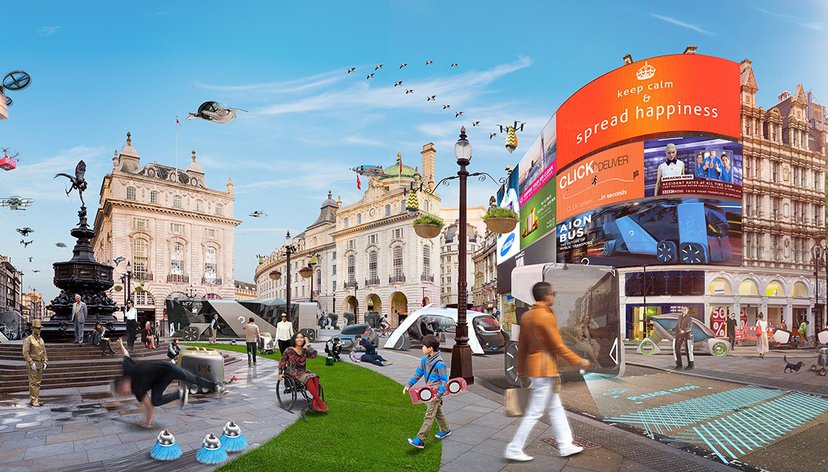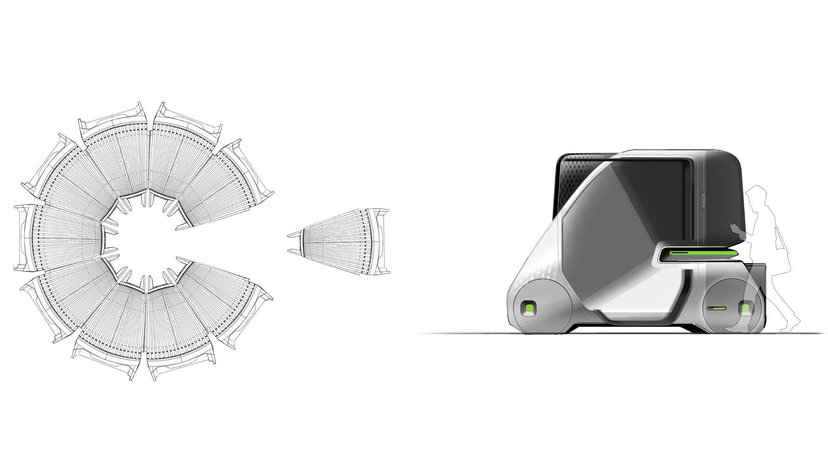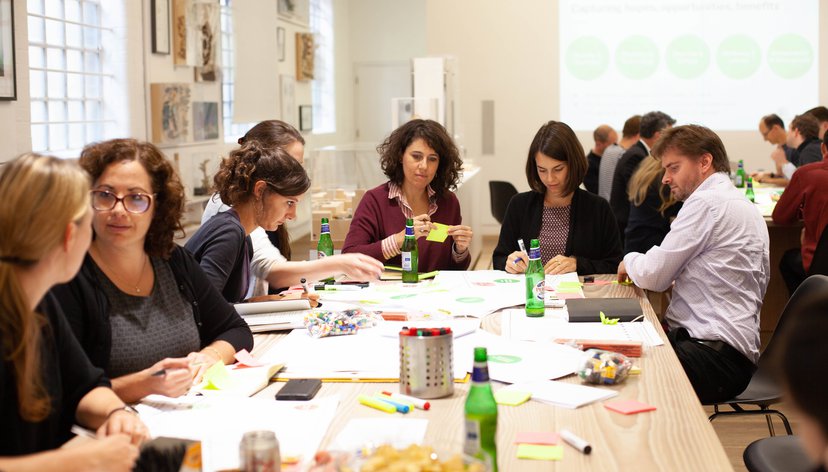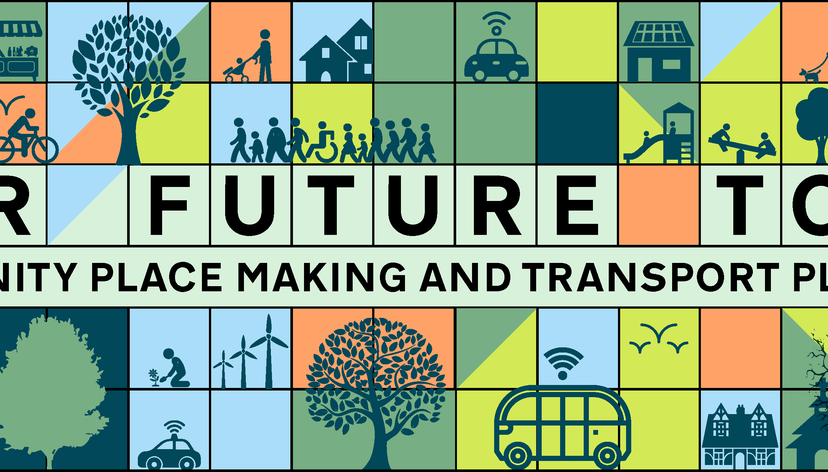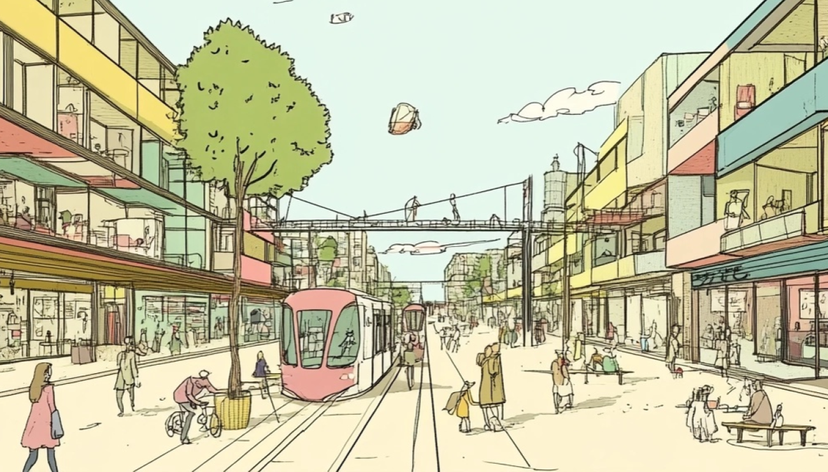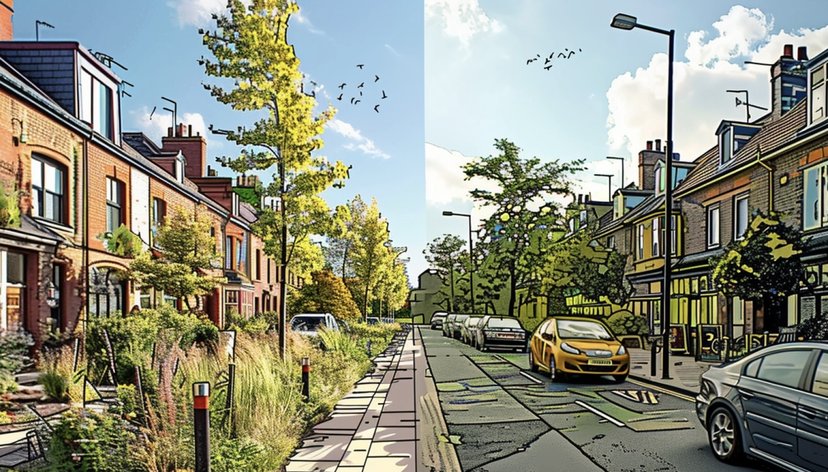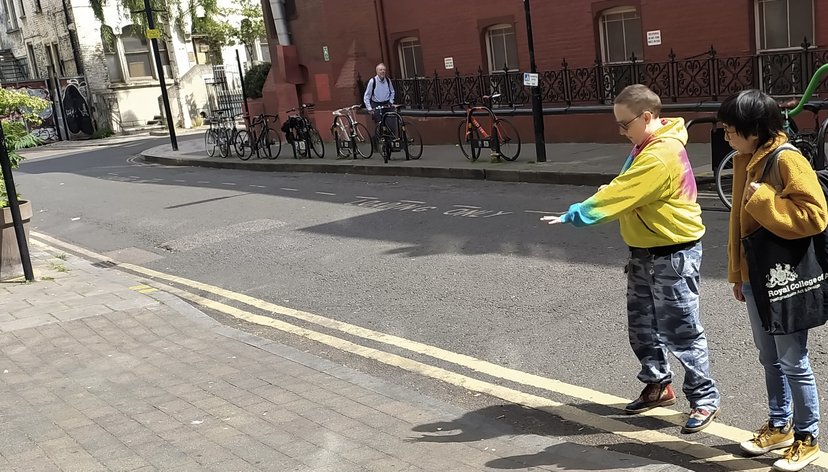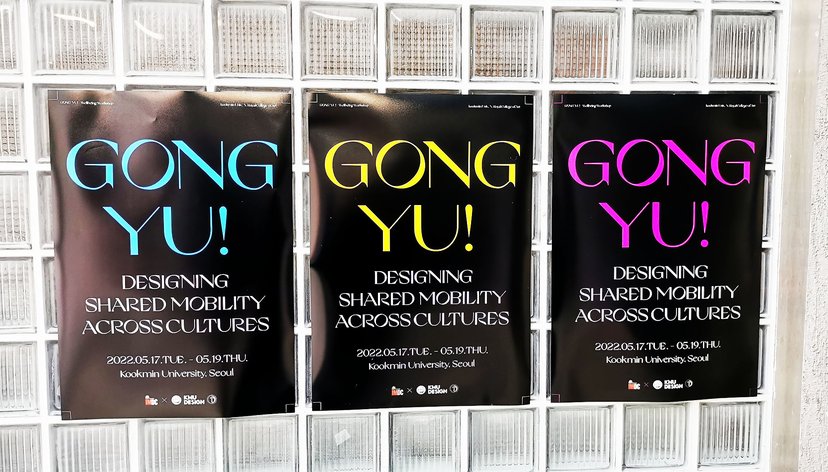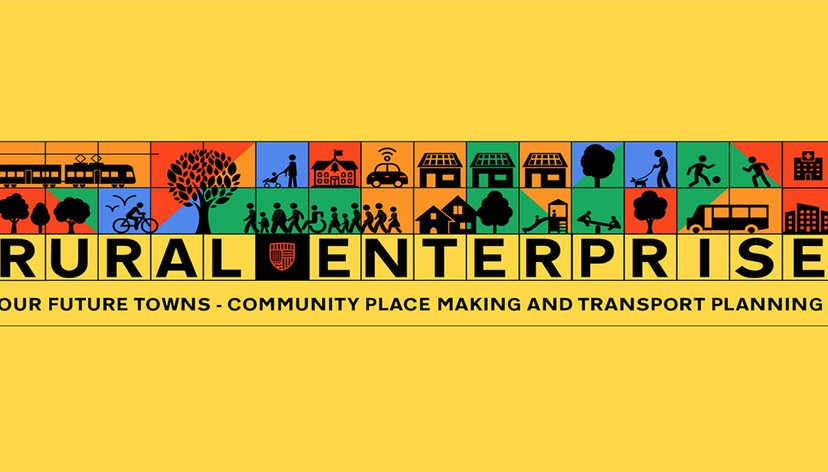
Dan Phillips is a designer and engineer with 30 years’ experience in the development of innovative environments, products and services.
Dan studied at Imperial College and the University of Cambridge and is a senior research fellow and studio leader at the Intelligent Mobility Design Centre (IMDC) at the Royal College of Art and a design strategist at Design Science Ltd. He is a Fellow of the Royal Society of Arts and has been a member of a number of institutional advisory groups on cities, sustainability and the built environment.
Key details
School, Centre or Area
Expertise
Research projects
More information
Practice
Dan has led design research collaborations with the Transport Planning Society and Chartered Institution of Highways & Transportation on ‘Future Towns’; the RAC Foundation on Rural Mobility and Inclusive Mobility; with Weston Williamson Architects on Slow Interchanges; and with TRL on Driverless Futures in Urban Environments. He also led the delivery of the RCA design research 2020 symposium on ‘Designing Intelligence into our Cities’ with a range of industry, academic and RCA contributors.
Before joining the Intelligent Mobility Design Centre, Dan was a tutor on the Service Design Programme in the RCA’s school of design and a visiting tutor at the Helen Hamlyn Centre for Design and Imperial College. He developed service design partnerships with government, NGOS and industry including projects in healthcare, education, community development and business innovation. He has also run inclusive design workshops with partners from the Helen Hamlyn Centre and the Service Design programme in the UK, Finland, Norway and Chile.
Prior to the RCA, Dan was Global Director for Sustainability at Buro Happold, ran his own design and innovation practice, the SEA, and worked at Eight Associates, Battle McCarthy, Arup and Ford on large scale projects in the UK, Europe, USA, Asia and Africa.
At the SEA, major projects and clients included brand and service innovation for Orange and France Telecom, behaviour change services for young diabetics with NHS Scotland, a novel mixed mode education platform for schools and museums with the Department for Culture Media and Sports, strategic environmental consultancy for Southwark Council, Whitby Bird and the Building Research Establishment, a range of shoes for Camper, as well as design and innovation services for a number of start ups in the UK and USA.
Built environment projects that Dan has been involved with include the Millennium Dome and Village in Greenwich with Richard Rogers and Ralph Erskine; Eastgate Centre in Zimbabwe with Mick Pearce; Nottingham University Jubilee Campus with Michael Hopkins; Brindley Place in Birmingham with Roger Madelin at Argent, and the Osaka Maritime Museum with Paul Andreu. These, and other built environment work, have been awarded a number of national and international awards for sustainability and architectural excellence.
Academic and media researchers have cited Dan’s work on new forms of blended learning, behaviour change in health care and sustainable building design in a range of publications including The Economist, The World Health Organisation, the International Journal of Mobile and Blended Learning, The Architectural Expression of Environmental Control, The Dynamics of Delight: Architecture and Aesthetics, and Architecture in a Climate of Change.
Dan’s area of interest is the need to align community and organisational innovation with a commitment to equitable and sustainable development, both for short-term health and wellbeing and for long-term social and environmental balance. Underpinning this is scepticism about the ability of people to engage with the needs of distant communities or with global or long-term value, let alone with their personal or community needs and motivations.
He believes that technology and economic levers alone are poor masters and that systemic transformation is best achieved through empathic design, deep technical appreciation of the tools that we use to engage with each other and a clear understanding of the feedback between legislation, culture, technology and the environment on human experience and behaviour.
Publications
Future Mobility for Rural Communities, RAC Foundation, 2020
Driverless Futures, Design for acceptance and adoption in urban environments, 2020
London Transport Museum Exhibition : Driverless futures - Utopia or dystopia
Inclusion And Empathy: Meeting Special Mobility Needs In The Age Of Autonomy, RAC Foundation, 2018
The Eco Friendly Home, first published by HarperCollins Illustrated in 2000, has sold over 30,000 copies, with new UK editions appearing in 2008 and 2012. It has also been published in the United States as Designs for a Healthy Home: An Eco-Friendly Approach (Soma Books, 2003) and in France as Une Maison Saine Et Naturelle (Dessain et Tolra, 2001 and 2010).
